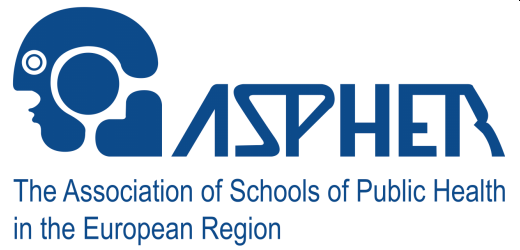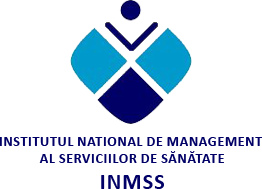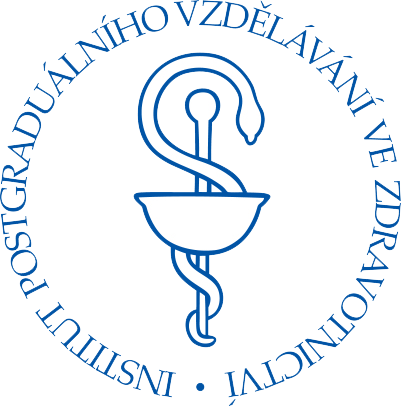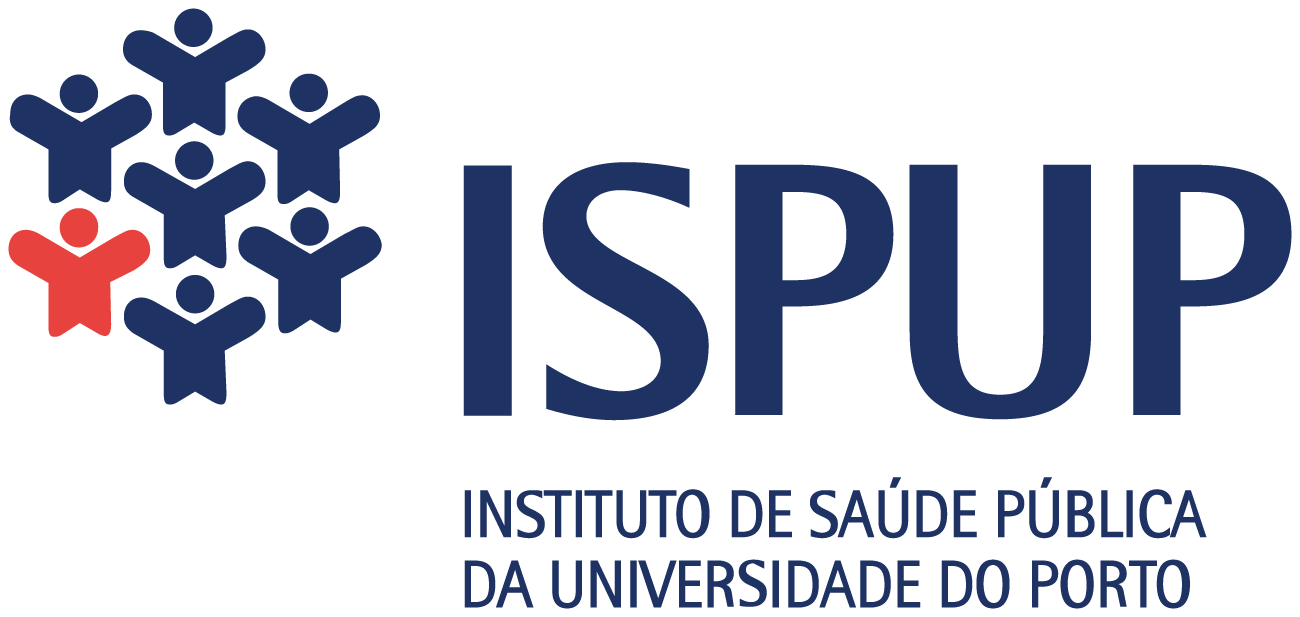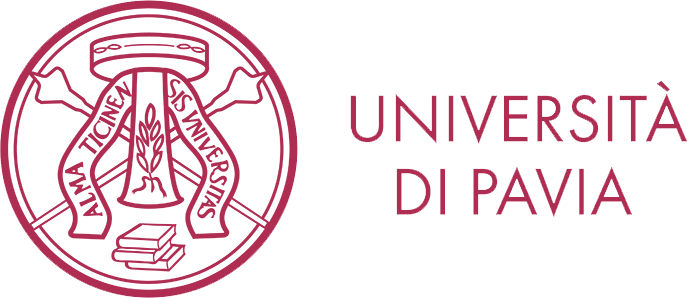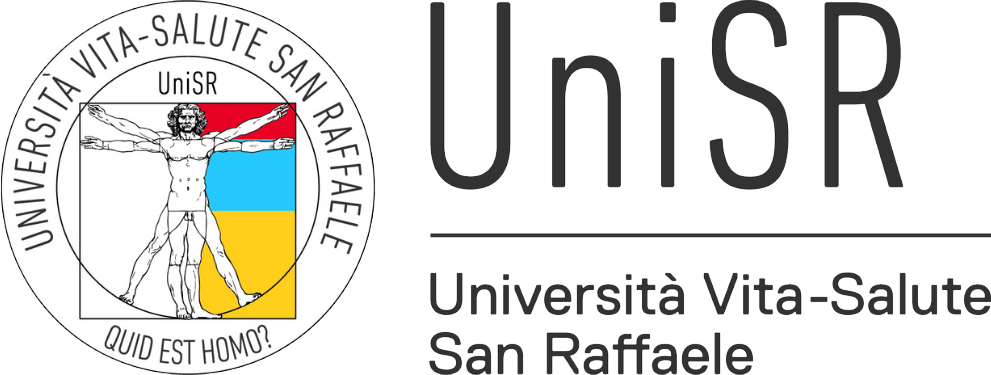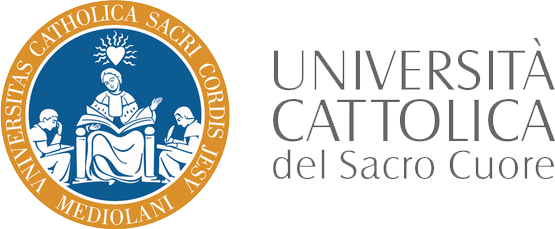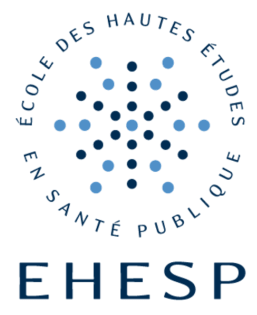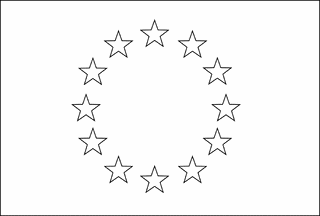 VAX-Action: Tackling Effectively Vaccine Hesitancy in Europe (101133273-EU4H-2022-PJ-5) is co-funded by the EU4Health program.
VAX-Action: Tackling Effectively Vaccine Hesitancy in Europe (101133273-EU4H-2022-PJ-5) is co-funded by the EU4Health program. Vaccine Hesitancy is the delay in acceptance or refusal of vaccines despite their availability. It is not a new problem, but a problem increasingly being recognized globally, and poses an academic and political concern. Its main implication reflects in lower-than expected vaccine uptake rates. Two main strategies to lessen vaccine hesitancy stand out: targeted at people at large (communication campaigns, fact-checking, etc.) and at frontline healthcare workers, FHW, (training, manuals, etc.). However, it is yet not clear what works well, for whom, when, and under which circumstances.
VAX-ACTION aims to support EU Member States and relevant stakeholders to implement a combination of tailored, evidence-based interventions aimed to reduce vaccine hesitancy. It addresses the need to understand what type of interventions are now available, which are effective, how to translate effective interventions to new contexts, and to explain the unsuccessful ones to create opportunities for learning and redesign.
VAX-ACTION key relevance is to design and implement interventions and recommendations built on sound theory, existing evidence, and best practices of principles in health evaluation. We use a co-design model to engage FHW, and targeted populations (i.e., newly arrived migrants, hesitant parents, people of low socio-economic status) to tailor interventions regarding recently approved vaccines such as Covid-19 and mpox, and long-standing vaccines in national vaccination programmes. Interventions will be conducted in target regions in Portugal, Italy, France, Romania, and Czechia. Interventions are designed and evaluated in two settings per target region (the intervention group and control group, 1:1). The recommendations for embedding improvement and change will be prioritised along with tailored dissemination and evaluation strategies. This will support scale up and translation to other member states, WHO European Region members and other countries.

